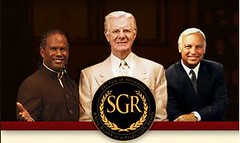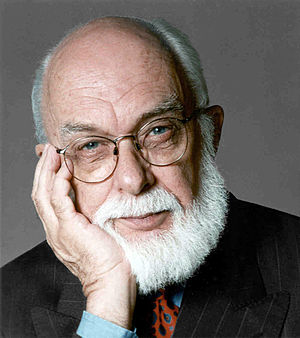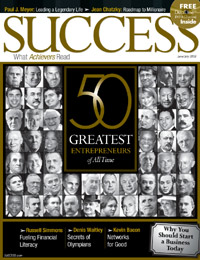|
|
Horatio Nelson, origin of "willfully blind"?
(Photo credit: Wikipedia) |
In studying various reactions to criticism by MLM participants, it is interesting that so many of them are afflicted with "
willful blindness", and it is a condition that can cause serious financial and legal problems.
The most popular example of "willful blindness" is an apocryphal story of
Admiral Horatio Nelson in
Battle of Copenhagen. When given a
flag signal by a cautious fleet commander that Nelson may "withdraw at his discretion", and asked by a subordinate what shall he do, Nelson reported
raised his spyglass to his blind eye (with an
eye patch and all), then replied "I see no signal to withdraw", and continued the attack. The story was often told as if Nelson disobeyed a direct order, but the flag signal is "withdraw with commander's own discretion". This gave us the expression "
turning a blind eye", and the term "Nelsonian Knowledge".
In modern times, "
willful blindness" is defined as a situation where a participant INTENTIONALLY puts him- or herself in a situation where s/he cannot / does not know the facts that would make him/her liable for civil or
criminal acts s/he had participated in. And it is a legal term. For example, traffic mules (those who smuggle contraband across borders) asked to be blindfolded during loading process so s/he does not know what's being trafficked. And thus, s/he want to argue they are innocent victims and thus should not be counted as accessory to trafficking.
The court had NOT accepted this defense, and has taken the position that willful blindness is merely legal sophistry, if it can be proven that the participant knows that such facts exist, and has taken deliberate steps to isolate him-/herself from knowing such facts.
This case was even taken up by the Supreme Court back in 2011, when it ruled a file sharing service cannot disclaim responsibility for illegal acts of its users just because it doesn't want to see what's being shared, i.e. willfully blind to the copyright violations.
This is different from
recklessness and
negligence. Recklessness is knowing such risks of damaging facts do it any way, and negligence is "should have know such risks, but did not".
To illustrate with an example, using the smuggler mule as example:
recklessness: I know it's illegal, I'll take my chances
negligence: I should have known it's illegal, but I honestly thought those were nothing harmful...
willful blindness: I have no idea what they put in my luggage. I never asked. Don't need to know.
And many MLMers suffer from all three: recklessness, negligence, and willful blindness.
































